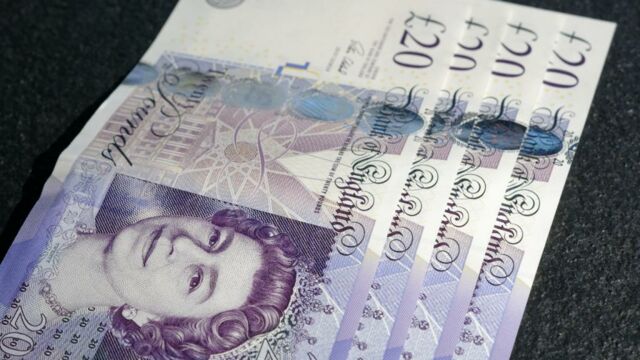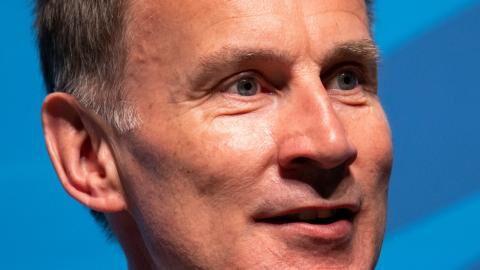Almost half a million Brits are set to receive a rise in their pay from today, Tuesday 24 October. Workers whose employers have signed up to pay the voluntary real living wage will see their hourly wage bump up to £12. Though this may not seem that significant, over a whole year it will amount to an annual wage £3,000 above the government minimum.
Discover our latest podcast
The real living wage is paid by over 14,000 employers and their contractors, which marks an increase of 11,000 compared to last year. Some of the biggest partaking companies include Aviva, Ikea, Burberry and Lush. Let’s look at the history of the scheme and why the rise is happening now.
The real living wage
Labour created the minimum wage in 1998 to help Britain’s most vulnerable earn enough to live on. However, due to research done by the Resolution Foundation into the day-to-day costs of low income earners, there was a belief that this minimum wage was not high enough. In response, the Living Wage Foundation’s real living wage was established in 2005. The Guardian explains:
In 2015, the then chancellor George Osborne said a higher rate band for 25-year-olds would be rebranded as the national living wage. This left the remaining three bands for younger groups to continue as national minimum wage levels, which are currently £5.28 for 16 to 17-year-olds, £7.49 for 17 to 20-year-olds and £10.18 for 21 to 22-year-olds.
This month, Chancellor Jeremy Hunt said that the national living wage will increase from £10.42 to at least £11 an hour from April 2024.
However, workers whose employers have signed up to pay the voluntary real living wage will see an increase from today: £12 an hour outside London - a rise of £1.10 - and £13.15 an hour in the capital - a rise of £1.20.
Why is the pay rise happening now?
Living Wage Foundation director Katherine Chapman said:
As inflation eases, we cannot forget that low-paid workers remain at the sharp end of the cost-of-living crisis.
Low-paid workers continue to struggle with stubbornly high prices because they spend a larger share of their budget on food and energy.
Chapman believes these new rates will be ‘a lifeline’ for the 460,000 employees who will get a rise from today. Unison general secretary Christina McAnea is pleased that workers will get paid a ‘decent wage’:
This is good news for hundreds of thousands of low-paid workers whose employers do the right thing.
The charity set the rate after research showed that the cost of living crisis continues to affect Brits on a low income. Recent polling revealed that 60% of people earning below the real living wage had used a food bank in the last year and 39% regularly skipped meals to save money.
Read more:
⋙ London, Paris, New York... the world's most erotic city has been revealed
⋙ 3 zodiac signs that are most likely to burn out
⋙ Save £100s on your energy bills this winter by following these tips from Martin Lewis
Sources used:
The Guardian: Real living wage rises to £12 an hour as cost of living crisis continues
Lad Bible: Nearly half a million Brits to get 10% pay rise today















